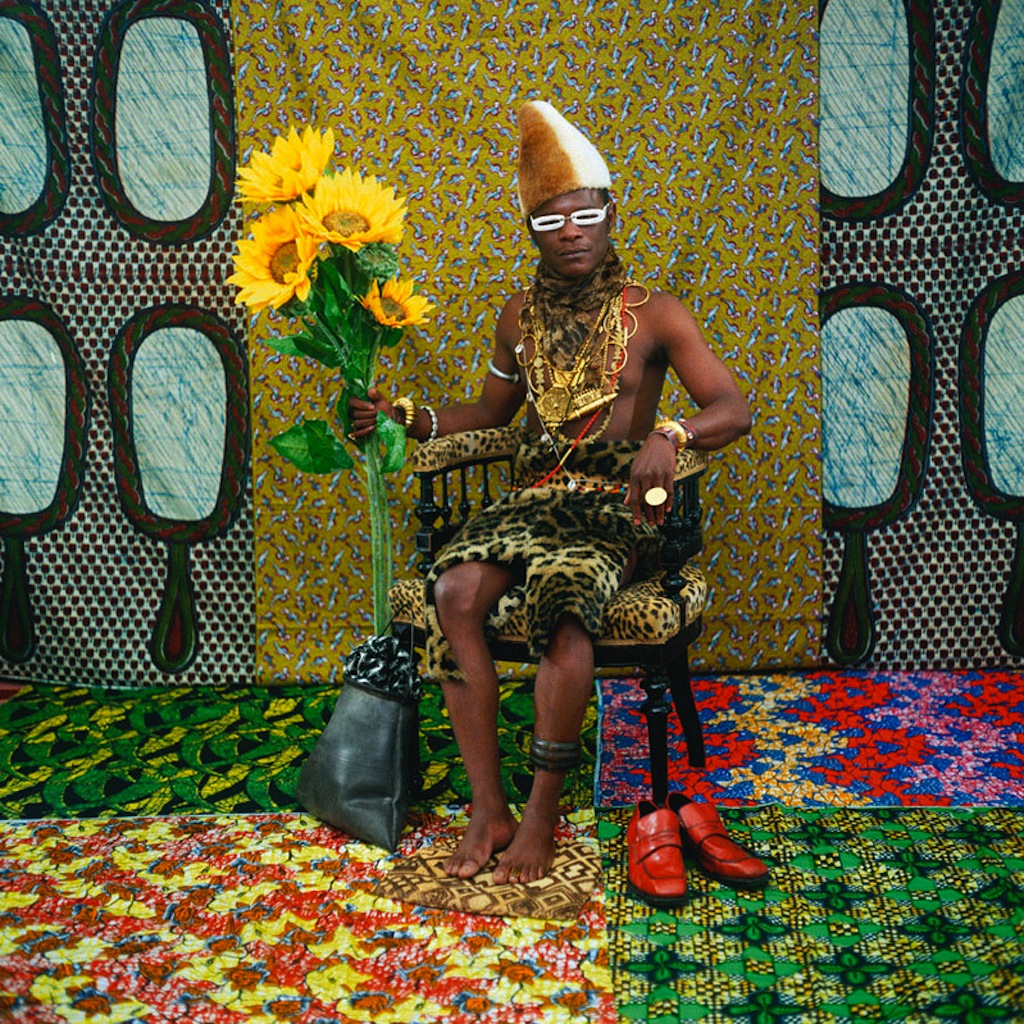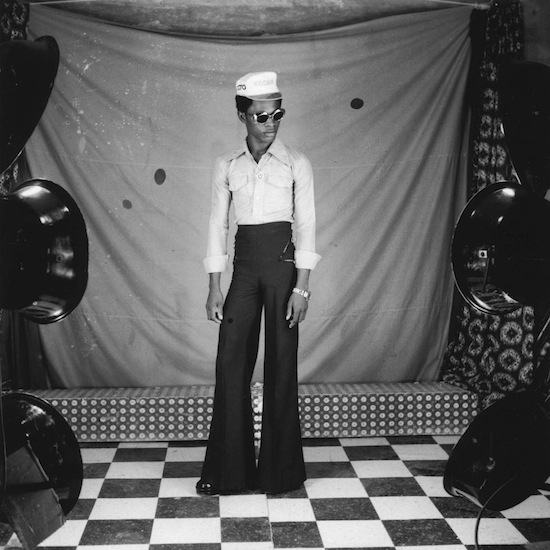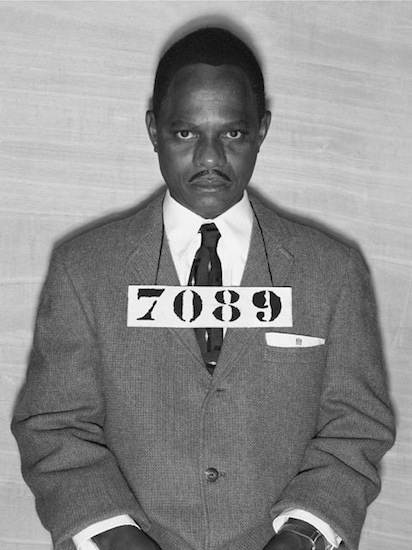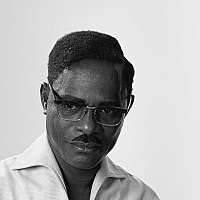
© Samuel Fosso / Courtesy The Walther Collection and Jean Marc Patras / Galerie
Expositions du 12/9/2014 au 17/1/2015 Terminé
Walther Collection Project Space 508-526 West 26th Stree NY 10001 New York États-Unis
The Walther Collection is pleased to present a survey of photography by Samuel Fosso (b. 1962, Cameroon), one of the most renowned contemporary artists working in Africa. Since the mid- 1970s, Fosso has focused on self-portraiture by transforming his body through performance, en- visioning variations on African identity in the postcolonial era.Walther Collection Project Space 508-526 West 26th Stree NY 10001 New York États-Unis
His early experimental works and later series create a new imagery opposed to both the ethnographic visions of Africa and the commercial imperatives of studio portraiture. For the first time in the United States, this exhibi- tion brings together Fosso’s work from The Walther Collection, including vintage self-portraits and studio prints with new and recent photographs, featuring selections from his magisterial series African Spirits and The Emperor of Africa.
Samuel Fosso’s photography has consistently reflected upon and commemorated themes in global visual culture. In 1975, at the precocious age of thirteen, Fosso opened his own studio in Bangui, the capital of the Central African Republic. During the day, he took pictures for paying clients, but at night he turned the camera on himself. Fosso’s expressive black-and-white self- portraits from the 1970s make reference to popular West African culture — musicians, the latest youth fashions, and political advertising — constituting a sustained and unprecedented photo- graphic project that explores sexuality, gender, and African self-representation.

Samuel Fosso, Self-Portrait, from "Self-Portrait from the '70s," 1976
© Samuel Fosso / Courtesy The Walther Collection and Jean Marc Patras / Galerie
In Tati (1997), his colorful series commissioned by the Paris department store Tati, Fosso as- sumes such characters as the tribal chief, the golf player, and the “liberated” African American woman, embarking on a signature masquerade style. Tati shows Fosso’s impulse for satire. Fosso transforms his body, posing against inventive backdrops and donning elaborate costumes. The centerpiece of the Tati series, “Le chef qui a vendu l’Afrique aux colons,” is both an homage to African tribal leadership and a critique of the trappings of power in the age of European colo- nialism.
The pantheon of African Independence and Civil Rights icons forms the subject of African Spir- its (2008), in which Fosso embodies historical figures from Angela Davis to Patrice Lumumba, Halie Salassie to Martin Luther King, Jr. In African Spirits, Fosso extends the method of his first self-portraits by reenacting historical images drawn from magazines and newspapers. These large-scale, highly theatrical, and often uncanny impersonations not only honor the figures who fought for Civil Rights and postcolonial freedom, but also display how their mastery of self-styl- ing for the media helped to shape and enforce political ideals.

Samuel Fosso, "African Spirits," 2008
© Samuel Fosso / Courtesy The Walther Collection and Jean Marc Patras / Galerie
Together, Fosso’s images provide a vivid departure from the traditions of West African studio photography, established in the 1950s and 1960s by Seydou Keïta and Malick Sidibé, and broad- en the conceptual practice of self-portraiture.

